For many women our age, Jessye Norman—who died on Monday at the age of 74—was our introduction to something other than the Carole King or Blondie records we loved spinning: a voice that showed us that something other than rock could be completely enthralling.
With that majestic gift and her regal presence, Norman launched her career in the ‘60s and reached the height of her powers in the ‘80s, ruling the stage at New York’s Metropolitan Opera with leading roles in works by Verdi, Berlioz, and Wagner. She sang in more than 80 performances there; Peter Gelb, the Metropolitan Opera’s general manager, commented that she was quite simply “one of the greatest artists to ever sing on our stage.”
She also broke new ground as one of the few women of color to be on the stage, but she did so while elevating those who paved the way for her. She credited other celebrated African American singers with blazing the path for her, mentioning Marian Anderson, Dorothy Maynor, and Leontyne Price.
Read More: Remembering Cokie Roberts: A Pioneer in Political Journalism
No Time for Pigeons
Growing up in Georgia, Norman began listening to opera on the radio as a child. Her long and varied career earned her a devoted following as a recitalist and on the concert stage, but she experimented freely with jazz and other kinds of music. She sang the French national anthem at the 200th anniversary of the French Revolution; she performed at the opening ceremony of the 1996 Summer Olympics, a Presidential inauguration (Bill Clinton’s second term), and at Carnegie Hall, sharing works of Duke Ellington. One of her most memorable sayings was, “Pigeonholes are for pigeons.”
With her wide-ranging tastes and her peerless voice and performances, it’s no wonder that Norman elevated the musical tastes of at least an entire generation. The number of honors she received bespeaks her relevance: In addition to honorary doctorates, she earned five Grammy Awards (four for recordings, plus a lifetime achievement honor), the Kennedy Center Award in 1997, as well as the National Medal of Arts in 2009.
If you haven’t been blessed with hearing her voice in a while, may we recommend beginning your refresher course with her rendition of “Ave Maria” right here.







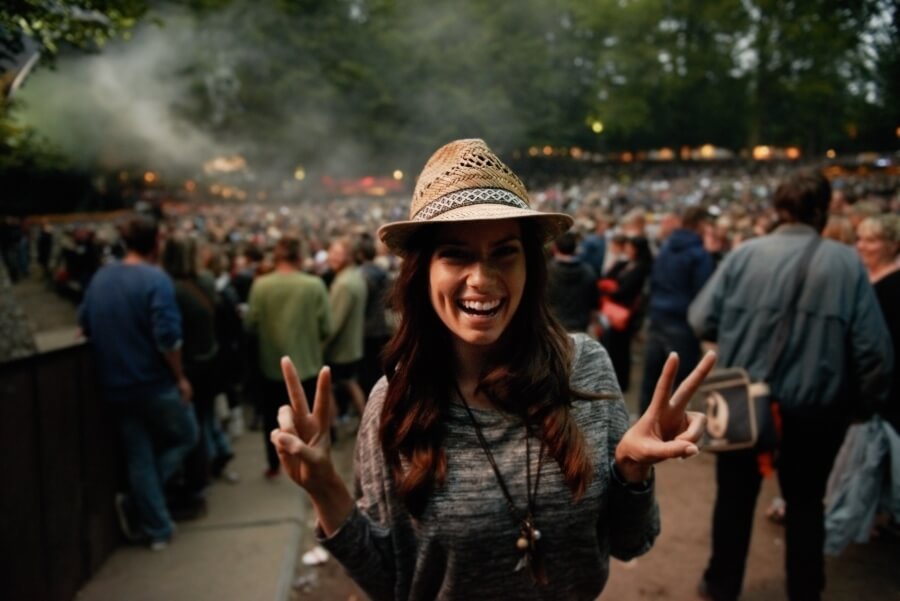
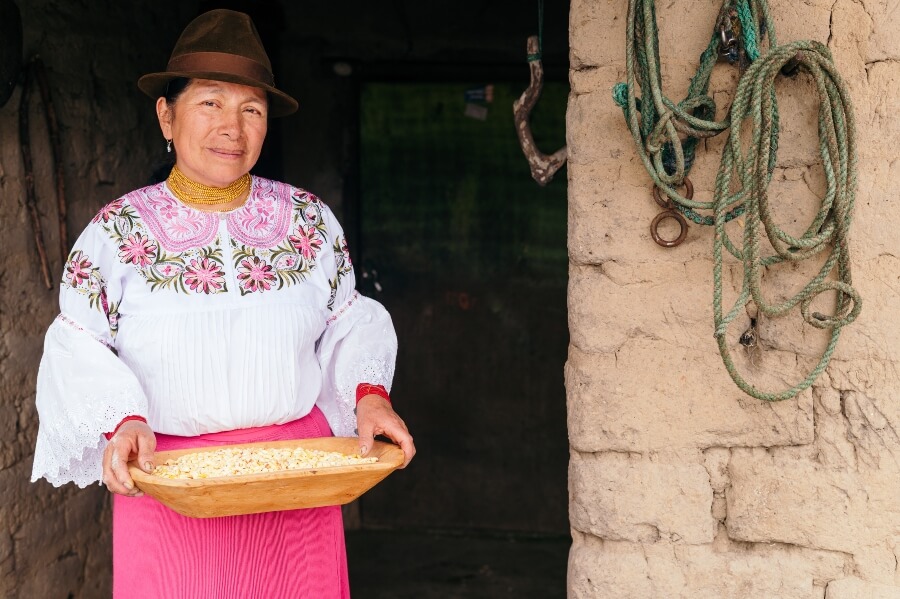
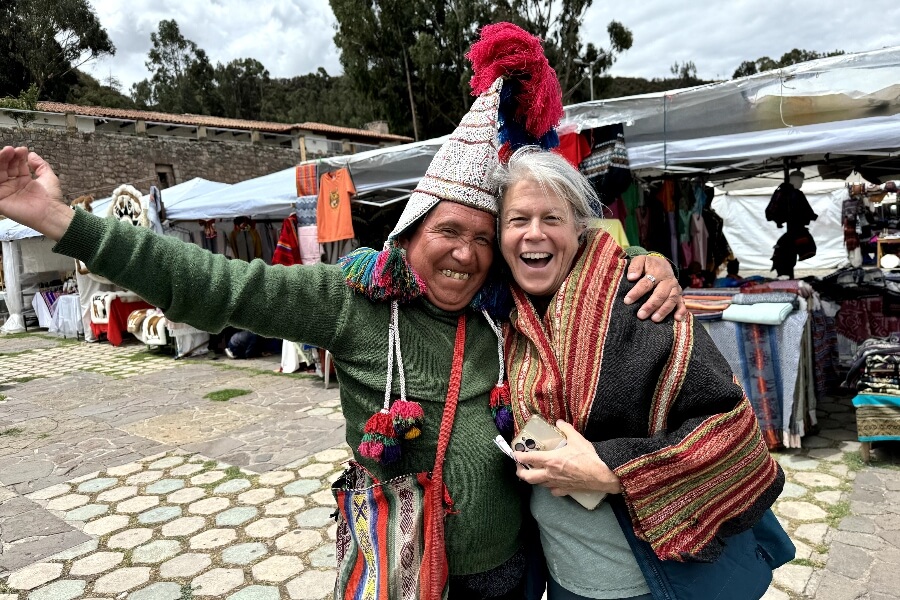

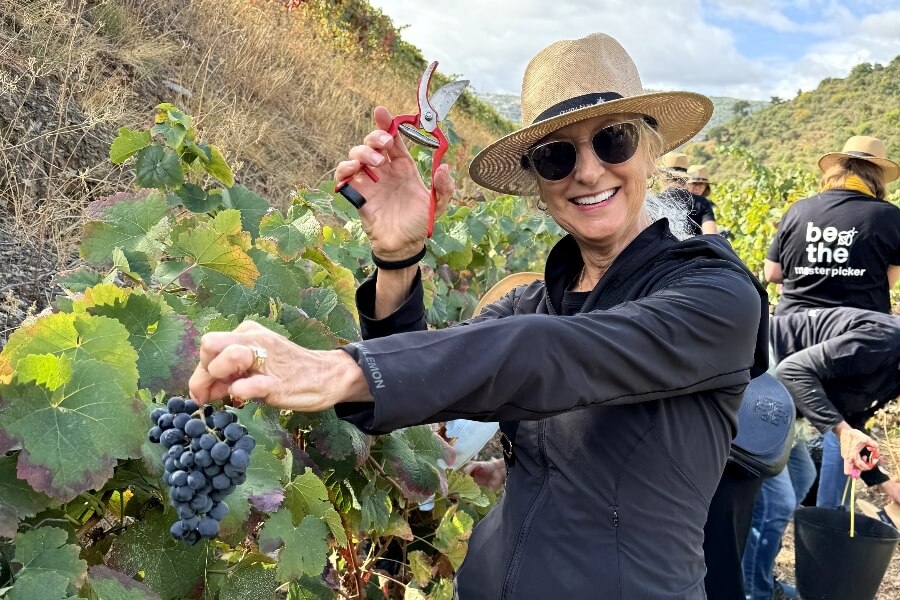
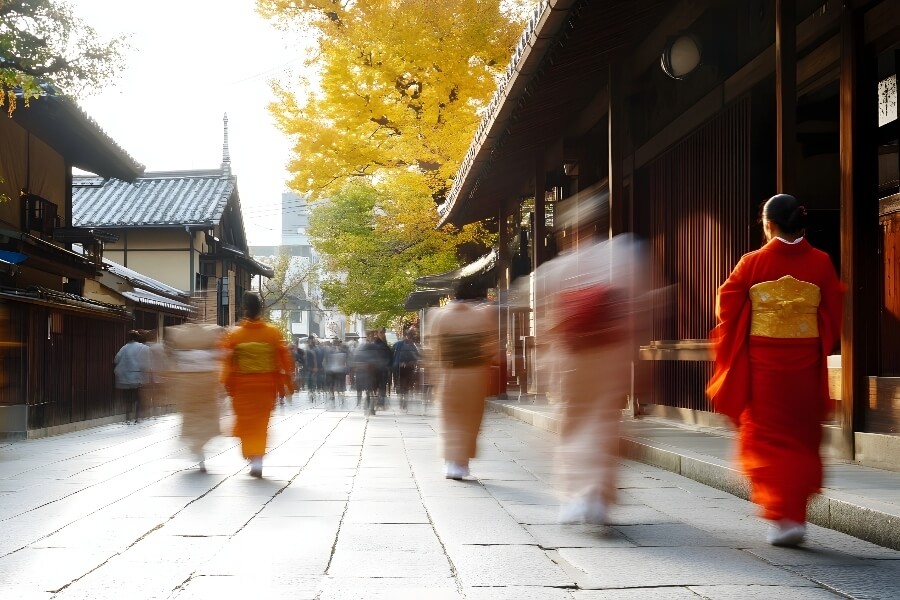
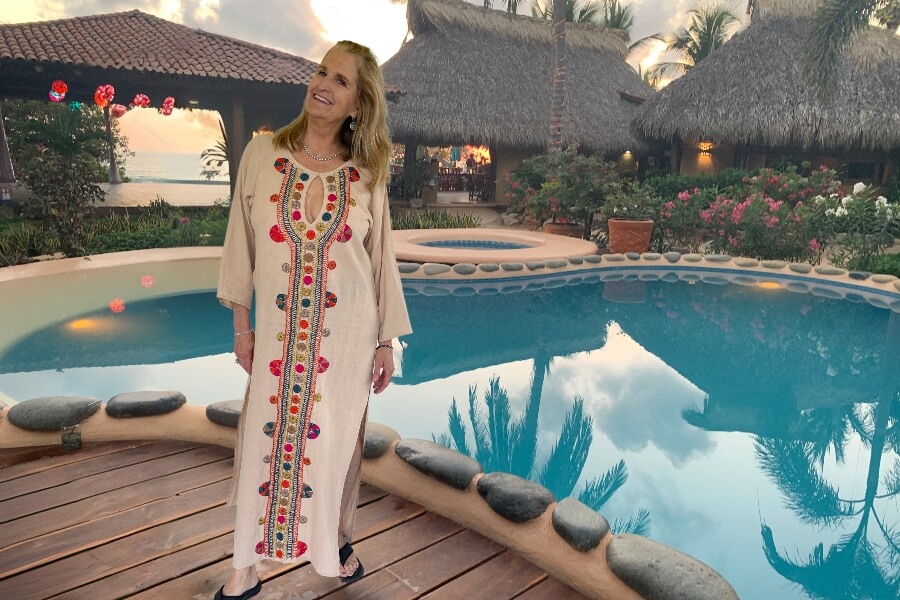


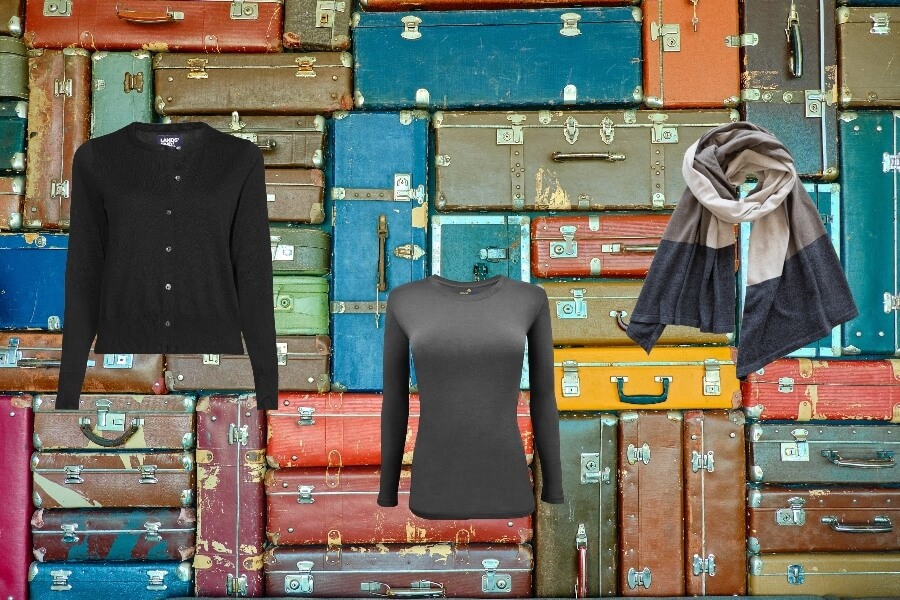



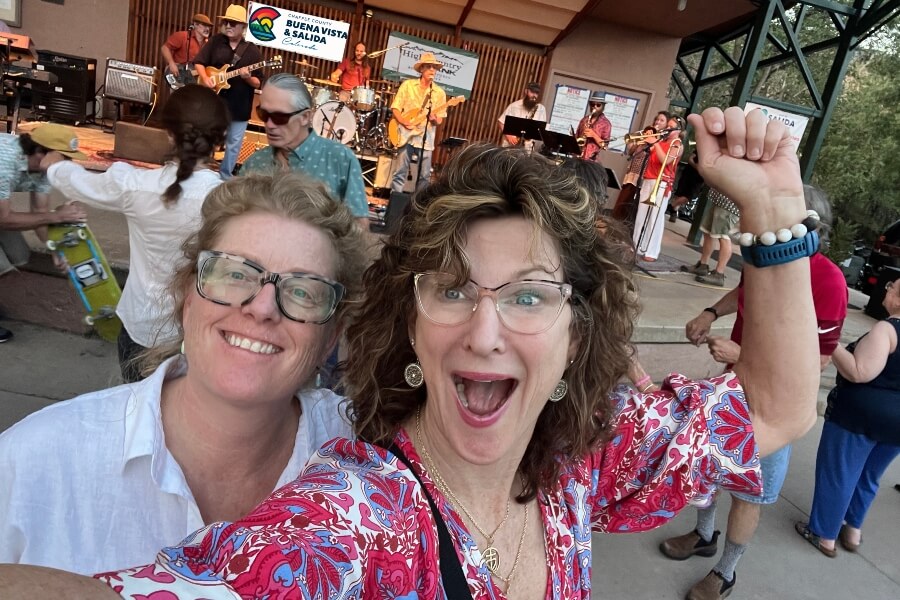



0 Comments